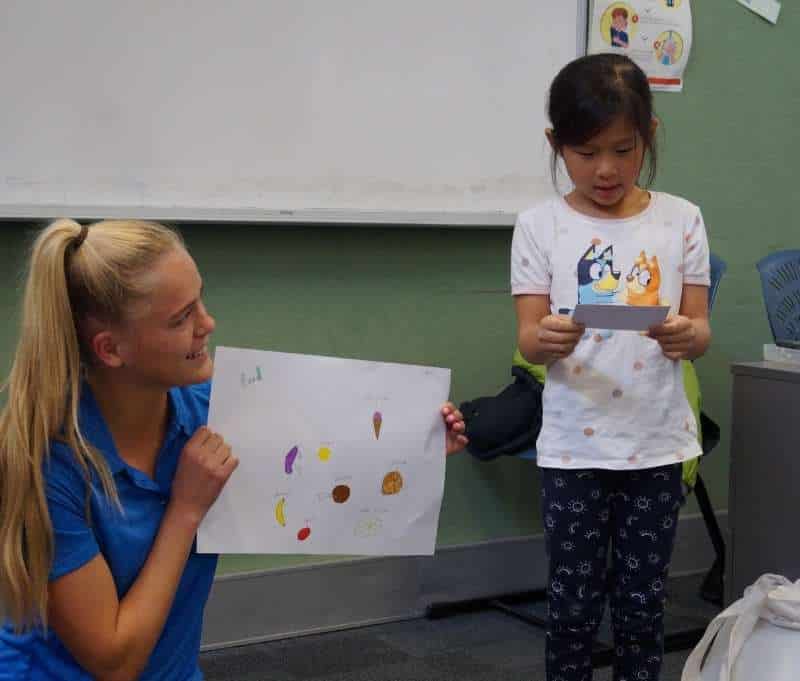How to Train for a Public Speaking Competition
21 September 2022
Every year, tens of thousands of students across the country compete in public speaking competitions – think the Plain Speaking English Award, the Multicultural Perspectives Public Speaking Competition and Rostrum Voice of Youth, all of which are open to thousands of students each year – and these are only a small sample of what is out there!
Whilst these public speaking competitions can be nerve-wracking, they’re also a great way to hone your communication skills and build confidence. If you’re thinking of competing in a public speaking competition (or you’re being forced to do so by your school), here are a few tips on how to prepare.
Why should I participate in public speaking competitions?
There are lots of reasons why you should give public speaking competitions a shot!
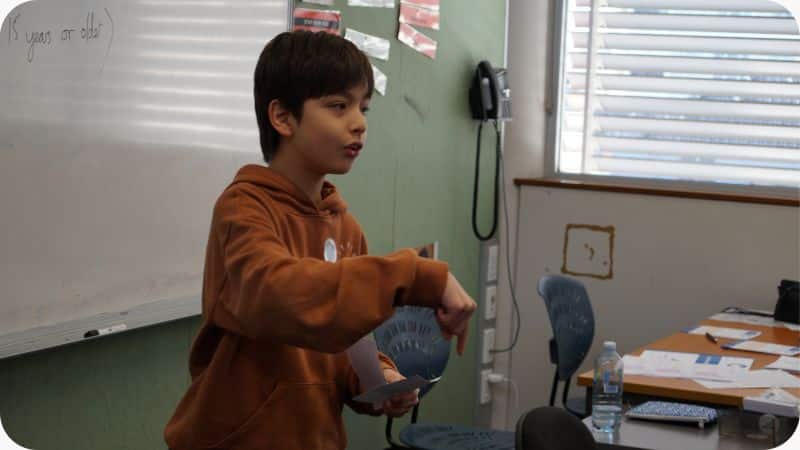
Want to learn more about the benefits of public speaking and debating? Check out our blog here!
Some reasons might include the following.
Boosts Confidence
One of the main reasons to participate in public speaking competitions is that it can help to boost your confidence.
When you stand up in front of an audience and deliver a speech – whether in a formal or informal context – you take incremental steps toward overcoming your fear of public speaking.
This can help to increase your confidence in other areas of your life as well, acting as even more useful personal development – if you’re able to confidently present to a larger audience, you’ll be able to use your presentation skills in other walks of life as well!
Improves Public Speaking Skills
Another reason to participate in public speaking competitions is that it can help to improve your public speaking skills by allowing you to present to a live audience. Whilst things like public speaking courses can definitely provide an audience, these are often small group classes – perfect for training public speaking skills, but no substitute for larger presentations.
When you compete, you are forced to push yourself and deliver a speech that is both better than those you’ve previously prepared, whilst also competing with others who could be professional speakers themselves.
This helps to improve your overall public speaking skills and makes you a more effective speaker.
Increases Knowledge
Participating in public speaking competitions can also help to increase your knowledge on various topics.
When researching for a competition, you are likely to come across new information that you were previously unaware of – not only can this be really interesting and great for your own personal development, but it can also help you develop a stronger understanding of new things on a deeper level.
This can help to make you more knowledgeable on the topic and also give you something new to talk about in future speeches – this is great public speaking training on its own merits, but also an excellent way to learn other new skills!
Helps You Meet New People
Public speaking competitions can also be a great way to meet new people.
When you compete, you will meet other people who are interested in (or, in some cases, scared of) public speaking.
This can help to expand your network and allow you to meet people from all over Australia and the world.
Gives You Recognition
Winning a public speaking competition can also give you the recognition that you deserve.
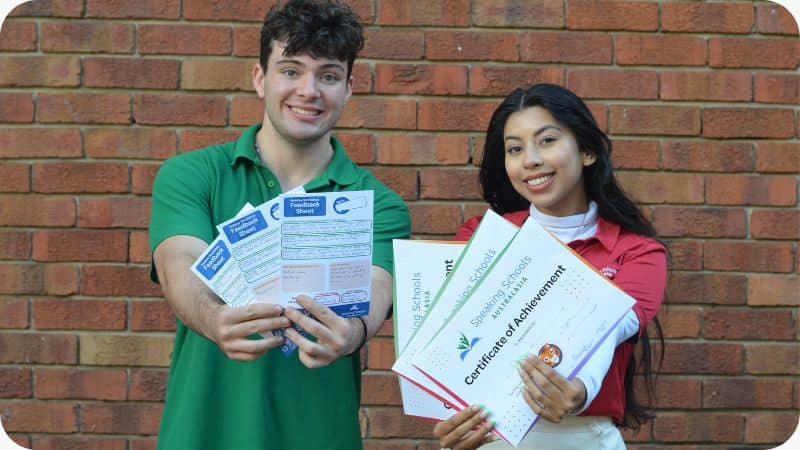
Whilst it’s great to learn new skills by participating in things like public speaking courses, such public speaking training is often limited to informal and non-competitive workshops – they’re necessary to boost your presentation skills, but this in and of itself may not be enough to distinguish you.
Once you’ve had an opportunity to receive some public speaking training, build up your confidence and overcome any fear around public speaking you may have, trying your hand at a competition can take things to the next level and may be able to help meet your own individual needs.
Presenting (and hopefully winning) at competitions can also be a great way of developing your skills and building up your resume too!
Sounds great – I’m in, but how should I prepare?
Whilst there are many ways you can generally prepare for a public speaking competition – from small group public speaking training to finding a course that helps boost your skills and confidence – below are some key points on how you may want to specifically prepare for your next competition (and you can find even more tips in our other blogs)!
1. Choose a topic you’re passionate about.
When it comes to public speaking, the most important thing is to be enthusiastic about your topic. If you’re not passionate about what you’re saying, it will be difficult to engage with your audience.
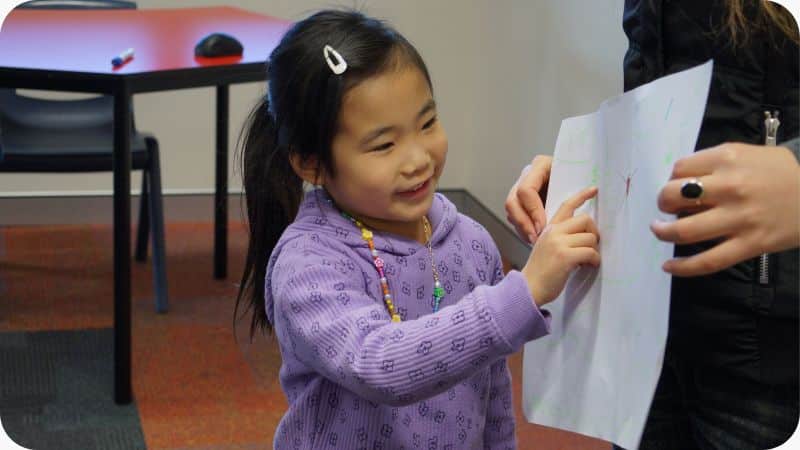
However, this can be more easily said than done – often for competitions we’re given a list of topics that we have to choose from, and in other tournaments a single topic that everyone needs to prepare for.
For example, in the Multicultural Perspectives Competition (which is put on annually by the Arts Unit), some topics used included “In my language”, “History matters” and “The power of sport”. But what should you do if you don’t speak another language, don’t know much about history and hate sport?
It’s important in these situations to ensure that you bend the topic to what you want to talk about.
Don’t speak another language? That’s okay! Language doesn’t need to be verbal – maybe you could talk about written or physical communication with others, or how everyone uses their own body language differently.
Don’t know much about history? That’s alright too! History refers to anything that’s happened in the past – maybe you could talk about why your own personal history matters, or even do a bit of research to learn more about how something modern came about.
Hate sport? Perfect! Talk about that – just because you’ve been given a topic doesn’t mean you need to agree with it. You can just as easily speak about how sport lacks the power others believe it holds.
Whatever you choose, make sure it’s something you care about and are knowledgeable about. If this means bending the topic to mean something a little bit different, that can in fact lead to an even more interesting presentation – your audience will likely be listening to a lot of speeches, so a little novelty can go a long way!
2. Know your audience.
Before you start preparing your speech, it’s important to think about who your audience is going to be.
Are you speaking to parents? Students? Teachers?
Knowing your audience will help you determine what kind of language to use and what points to focus on.
For example, if you’re speaking to a group of parents or teachers, you’ll want to focus on things that they care about and are interested in. This might involve using more formal language, and talking about things they can relate to, such as jobs they might hold.
On the other hand, if you’re speaking to other kids, you’ll probably want to use less formal language and relate your concepts to things they care about, such as study, sports or things that are happening around the school. You might even want to use a range of storytelling techniques to help communicate effectively!
Make sure you keep your audience in mind as you prepare your speech so that you can tailor it specifically for them.
3. Practice, practice, practice!
Once you’ve chosen a topic and know who your audience is, it’s time to start practising!
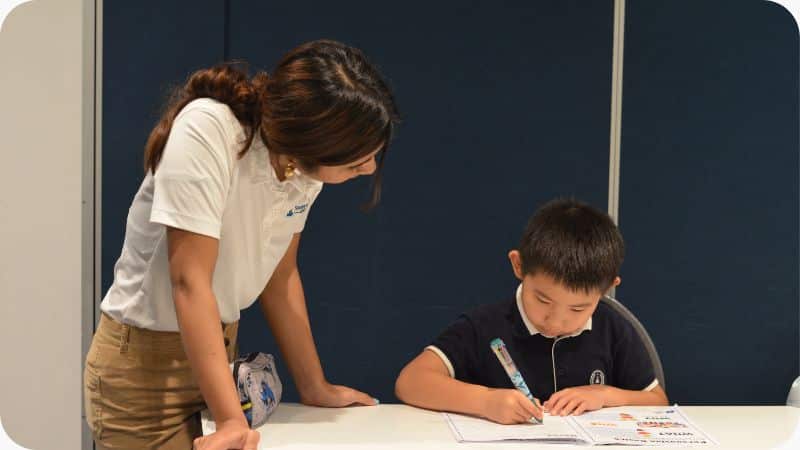
Any experienced public speaker will tell you that the key to delivering a great speech is practice. Not only do you need to know your material inside and out, but you also need to be comfortable with the way you’re delivering it. After all, if you’re feeling nervous or uncertain when you’re standing in front of an audience, that’s going to come through in your voice and body language.
The good news is that the more you practice, the more confident you’ll feel. So if you’re planning on giving a speech, make sure to set aside some time to rehearse. That way, when it comes time to deliver your speech, you’ll be able to focus on engaging with your audience and delivering your message, rather than worrying about whether or not you’re going to trip over your words.
One of the best ways to practice is by recording yourself on video. This way, you can listen back to yourself and identify any areas that need improvement – self-reflection is an excellent way to understand what you’re doing well and what might need some work.
You can also ask a friend or family member to listen to your speech and give feedback. This has the dual purpose of both getting some feedback on how you might be able to improve (such as eye contact or body language), as well as giving you some practical experience of speaking in front of an audience (albeit a smaller one than you’ll likely face in your competition!).
Practising as much as possible will help ensure that you’re prepared and confident on the day of the tournament.
4. Visualise success.
One final tip for those competing in a public speaking competition is to visualize success.

Picturing yourself delivering a winning speech will help increase your confidence and motivation levels.
When it comes time to compete, remember that visualisation techniques and picturing yourself giving an amazing speech.
With hard work and dedication, success is sure to follow!
How can Speaking Schools Australasia help?
If you’re feeling nervous about public speaking, don’t worry – you’re not alone. But by following these (hopefully) valuable tips and preparing well, you can give yourself the best chance of success in your next competition.
And if you need some help getting started, or are looking for a great course that meets your individual needs, our team at Speaking Schools Australasia are more than happy to assist – we are experts in public speaking training and can help students take their communication skills to the next level.
So what are you waiting for? Book one of our public speaking courses today and become a confident public speaker!



